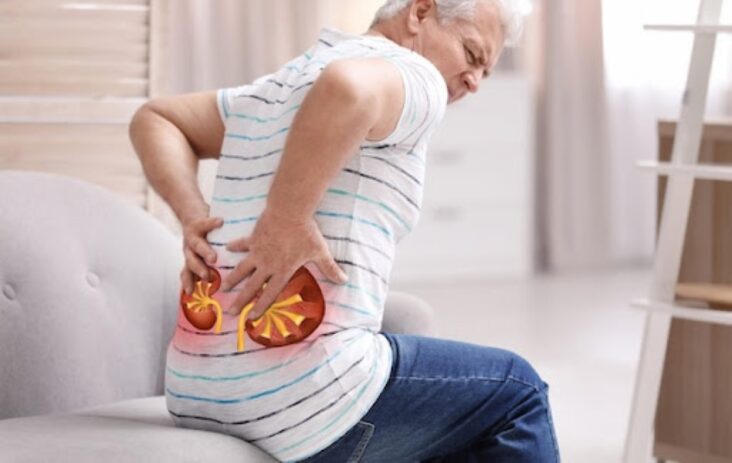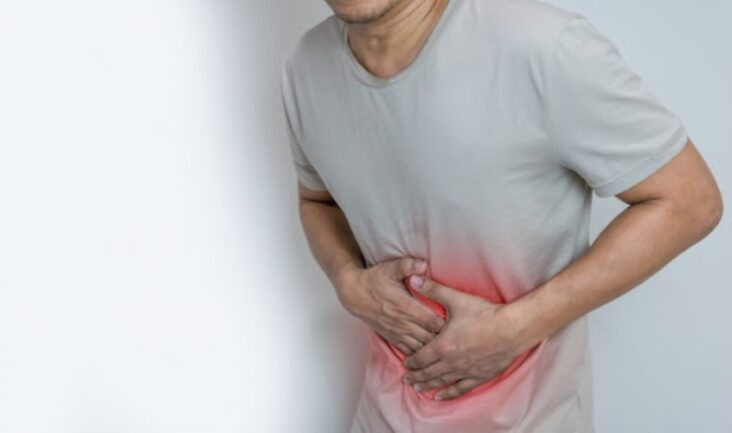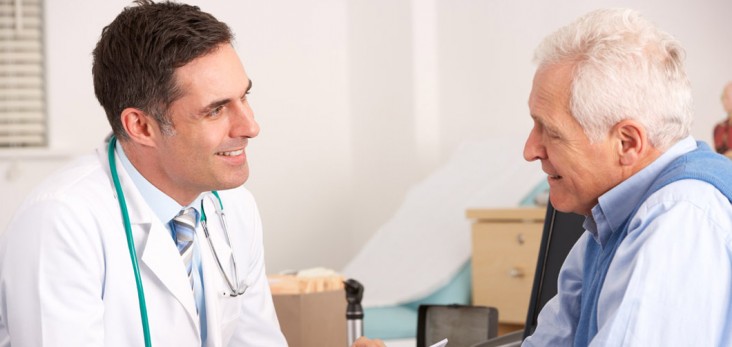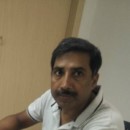A Hernia is a common medical condition affecting people of all ages and backgrounds. It occurs when an organ or fatty tissue protrudes through a weak spot or tear in the surrounding muscle or connective tissue. While hernias can develop in anyone, certain factors can increase the risk of developing this condition. In this article, we will explore who is at risk for hernia and discuss Hernia Treatment options.
Factors That Increase Hernia Risk
Several factors can contribute to an increased risk of developing a hernia. These risk factors include:
1. Age
One of the most common risk factors for hernias is age. As individuals get older, the muscles and connective tissues that support the abdominal wall may weaken, making them more susceptible to hernias. This is especially true for individuals over the age of 50.
2. Gender
While hernias can affect both men and women, they are more commonly seen in men. In particular, inguinal hernias, which occur in the groin area, are more prevalent in males.
3. Family History
Hernias can also run in families, suggesting a genetic predisposition. If you have close relatives who have experienced hernias, you may be at a higher risk of developing one.
4. Obesity
Excess body weight and obesity strain the abdominal muscles, increasing the risk of hernia development. The additional pressure on the abdominal wall can lead to muscle weakness and tears.
5. Chronic Coughing or Sneezing
Frequent, persistent coughing or sneezing can strain the abdominal muscles and increase the likelihood of developing a hernia. Conditions such as chronic obstructive pulmonary disease (COPD) or allergies can contribute to chronic coughing.
6. Heavy Lifting
Jobs or activities that involve heavy lifting can increase the risk of hernias, especially if proper lifting techniques are not used. Lifting heavy objects without engaging the core muscles can strain and weaken the abdominal wall.
7. Pregnancy and Childbirth
Pregnancy and childbirth can put significant pressure on the abdominal muscles and pelvic floor. This increased pressure can lead to the development of hernias, particularly in women who have had multiple pregnancies or experienced difficult childbirths.
8. Constipation and Straining
Chronic constipation and straining during bowel movements can stress the abdominal muscles and increase the risk of hernia formation. Maintaining a healthy diet and managing constipation can help reduce this risk.
Hernia Treatment
If you or someone you know is at risk for hernia and develops one, it’s essential to seek medical attention promptly. Hernias do not typically resolve on their own and may require treatment. The type of hernia treatment recommended will depend on the size and location of the hernia, as well as the individual’s overall health.
1. Watchful Waiting
In some cases, particularly with small hernias that are not causing symptoms, a “watchful waiting” approach may be recommended. This involves monitoring the hernia’s size and any symptoms while making lifestyle changes, such as avoiding heavy lifting and managing constipation.
2. Hernia Trusses
A hernia truss is a supportive undergarment that can help keep the hernia in place and reduce discomfort. While trusses may offer temporary relief, they are not a long-term solution and should be used under the guidance of a healthcare professional.
3. Lifestyle Modifications
For individuals at risk of hernia or those with small hernias, lifestyle modifications can be beneficial. This may include weight management, avoiding activities that exacerbate the hernia, and addressing underlying conditions like chronic cough or constipation.
4. Surgical Repair
In most cases, surgical intervention is necessary to repair a hernia fully. Surgery involves pushing the protruding organ or tissue back into its proper position and strengthening the weakened muscle or tissue. There are various surgical techniques, including open surgery and minimally invasive laparoscopic and robotic procedures, depending on the hernia’s size and location.
Conclusion
Hernia can affect individuals of all ages, but certain factors can increase the risk of hernia development. Age, gender, family history, obesity, chronic coughing, heavy lifting, pregnancy, and constipation are all factors that can contribute to hernia risk. If you or someone you know is at risk for hernia and develops one, seeking medical attention is crucial. Treatment options vary, but surgical repair is often necessary for a full recovery. To learn more about hernia treatment and prevention, consult a hernia specialist. Early intervention can help alleviate symptoms and prevent complications associated with hernia.
For more information on hernia treatment, you can visit
https://laparoscopicsurgeonmumbai.com/treatment-hernia-laparoscopic-hernia-surgery/











